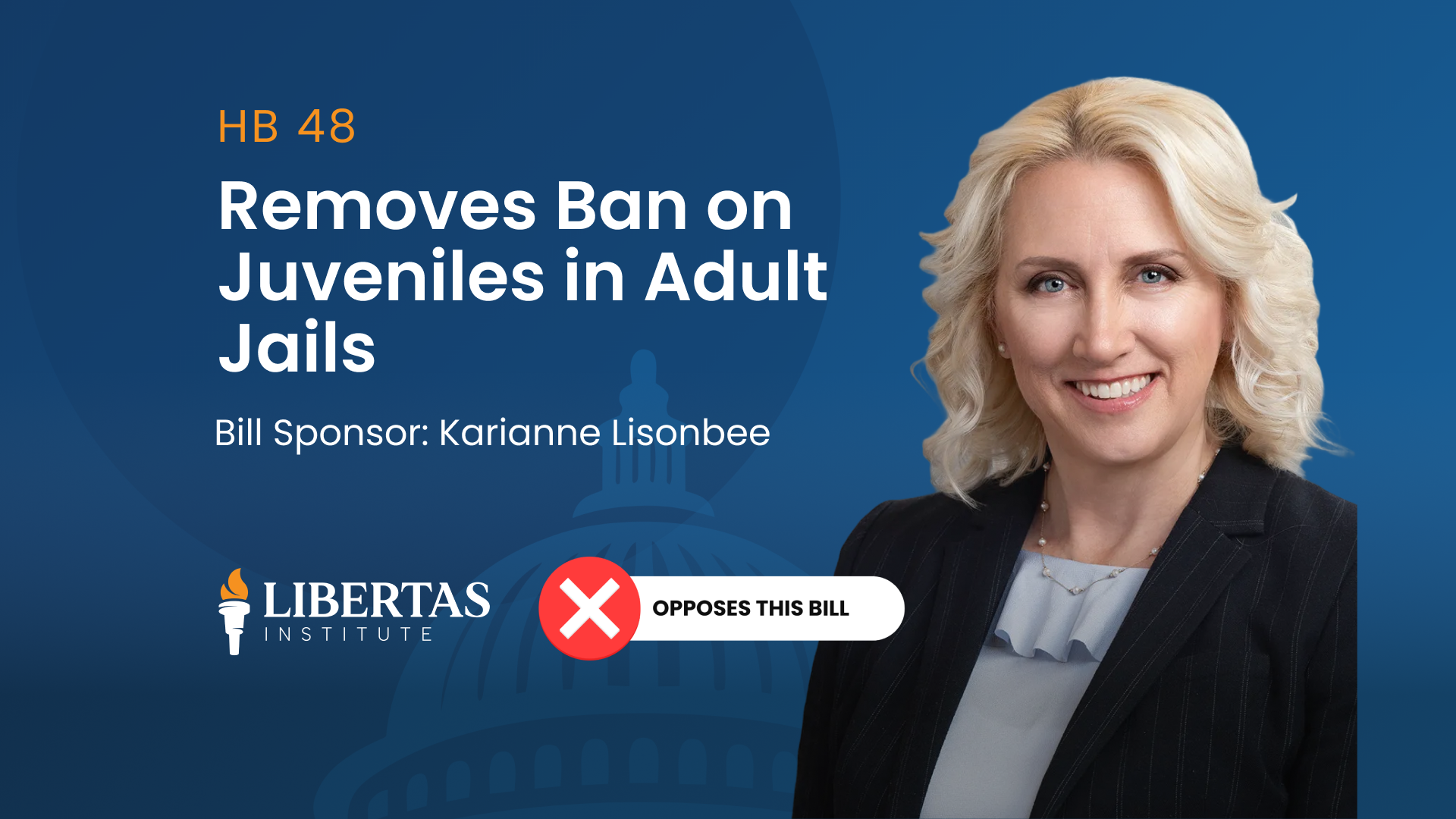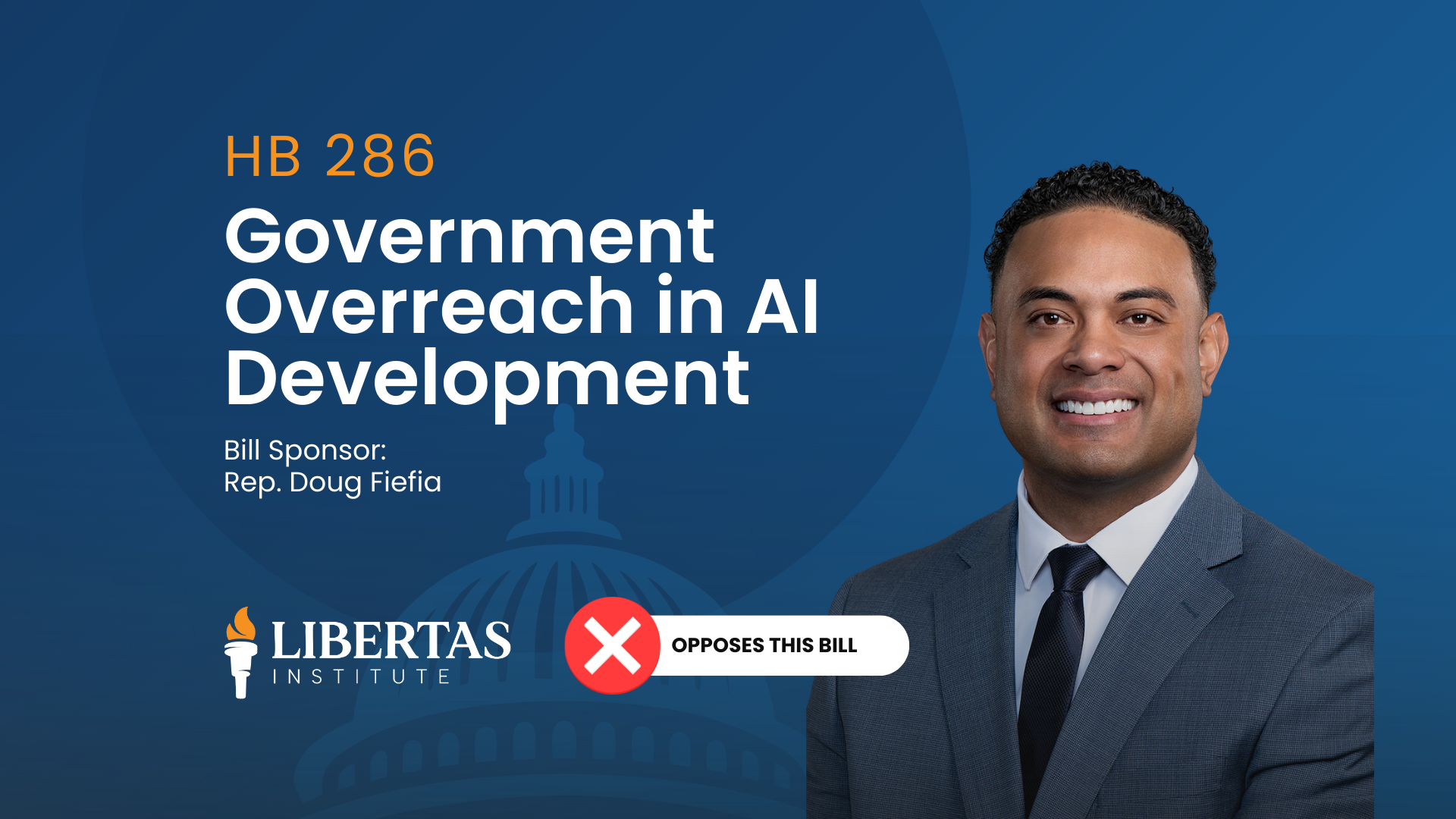This bill passed the House 70-2 and passed the Senate 26-2.
Libertas Institute supports this bill
In the spring of 2021, the small Utah town of Mantua made headlines when their former mayor called for their police department to fund themselves through ticket revenue. He was then accused of firing the police chief for failing to write enough tickets. After the ensuing outcry, he resigned.
This small-town story of city officials calling for the police to fund themselves off the backs of Utah drivers is an egregious example of government acting as monetary predators. And it may happen more often than we think in towns that don’t have multiple sources of revenue to fund their government operations. Luckily, some legislators are calling for state oversight over the ticket process so this doesn’t happen again. After all, law enforcement shouldn’t be revenue generators.
Senator Lincoln Fillmore is sponsoring Senate Bill 75 which addresses the local government fine problem. The bill states that revenue from traffic fines “may not exceed 25% of a local government’s total general fund revenue for a fiscal year.” To ensure this mandate is being followed, it then tasks local government with determining the amount of fine revenue for the prior year. If the amount is in excess of 25%, they must transfer the additional money to the state treasurer who will use it for the Department of Transportation.
This bill will disincentivize excessive traffic citations, no matter who is in power at the local level. No citizen should fear looking at their local law enforcement as revenue generators, and this bill helps ensure that won’t happen.




